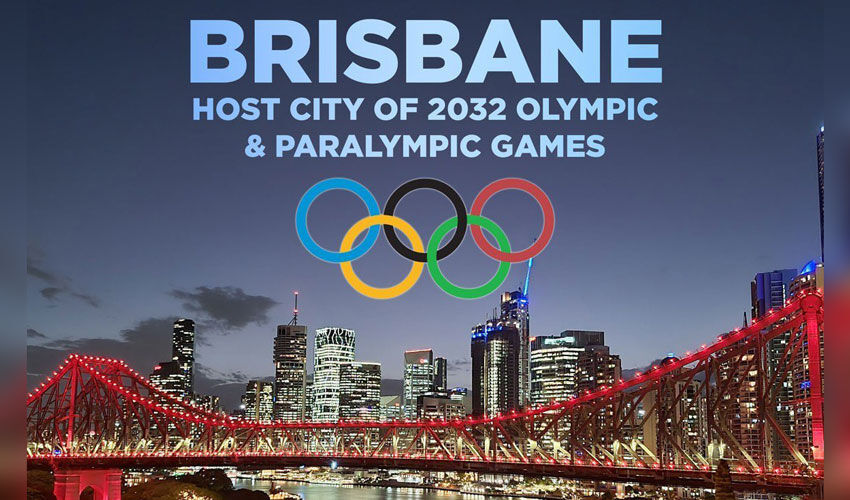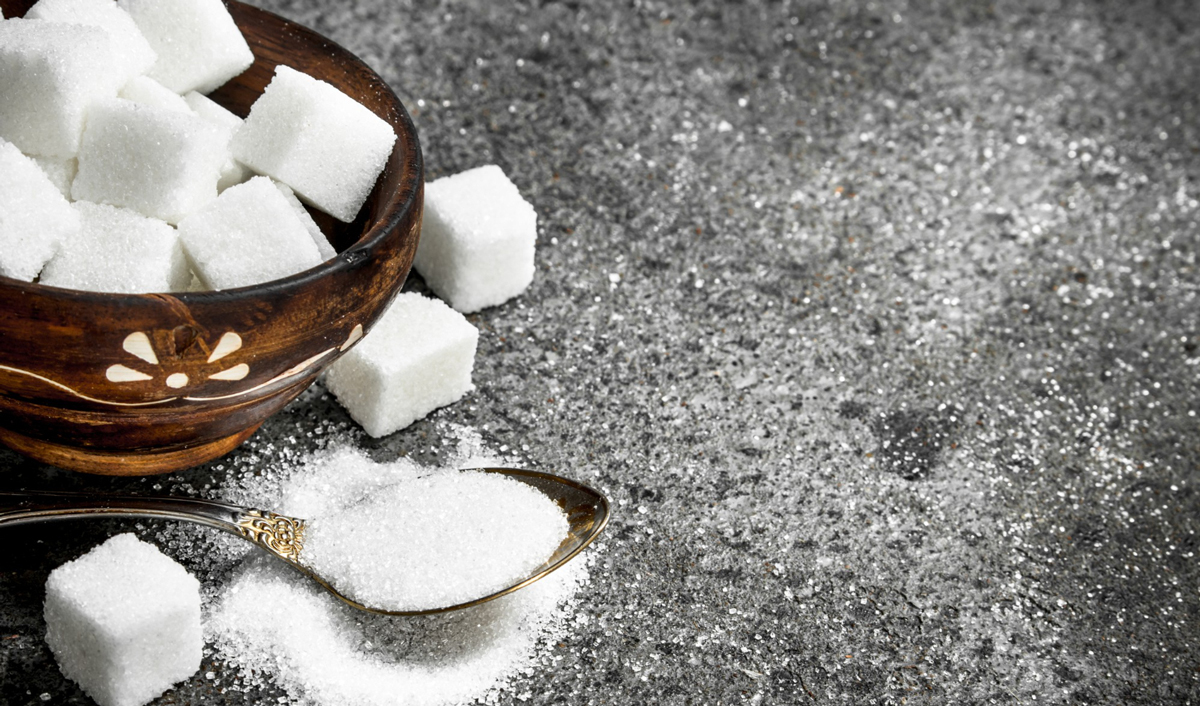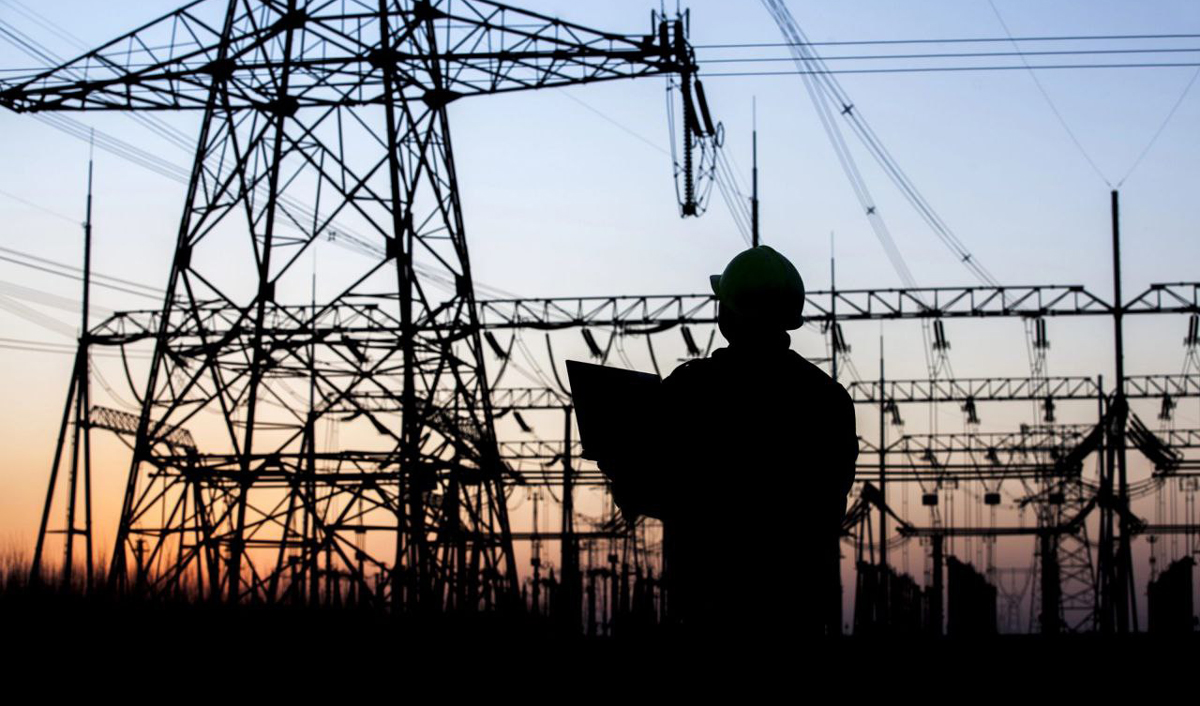
The Fitzroy River, 600 kilometers north of Brisbane, is known to be home to crested crocodiles. The Queensland state authorities provided evidence to the controlling authority that the reptile population was under control and the water body was given the green light for the event.
The owner of the crocodile farm, who has worked with native animals for more than 40 years, assured the public that there was no cause for concern. “We need to approach it sensibly. The Fitzroy is a magnificent river. Crocodiles are most active at night, but there will be no activities at this time of day. They tend to hunt near the shoreline, the paddling events, on the other hand, will be in deep water. You are more likely to be hit by a bus on the way to the shore than to be grabbed by a crocodile. In winter in the Southern Hemisphere, when water temperatures drop significantly, crocodiles become lethargic and don’t eat much because they can’t digest their food,” the entrepreneur told Australia’s ABC.
However, it is not because of the crocodiles that this choice of organizers has received the most complaints. There is quite a strong current in the river, which creates unfair conditions for some of the rowers. The International Rowing Federation conducted its own technical assessment of the river mouth and concluded that an international tournament, especially the Olympics, could not be held at this location. It was found that the central, deeper part of the river moves faster than the spaces along the shore. In the opinion of the profile federation, rowers can train on the Fitzroy, but no more than that.
The 2032 Summer Olympics will be held in Brisbane and the state of Queensland. The cost of the event is estimated at about $4.7 billion. The Queensland state government will cover most of the costs ($2.5 billion), while the Australian federal government will provide the rest.
Previously, Australia has twice hosted the main Games of the quadrennium. In 1956 they were held in Melbourne, and in 2000 – in Sydney.













